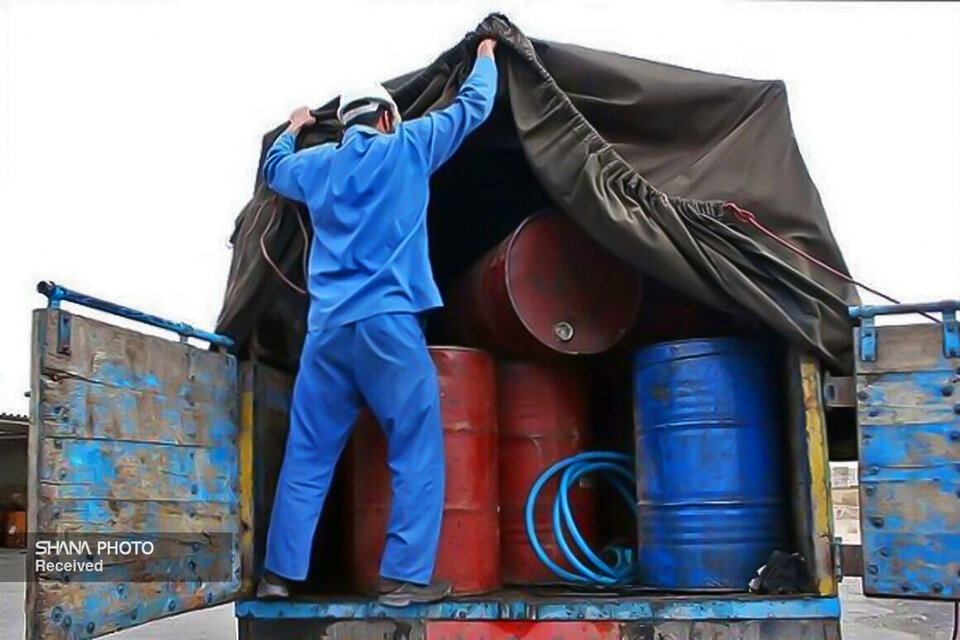Ali-Asghar Abbasi discussed measures taken to combat fuel smuggling in the country, announcing the pilot implementation of the Kashaf system. Under this program, in collaboration with the Iran Road Maintenance & Transportation Organization, three key parameters are evaluated: issued waybills, fuel pickup locations, and traffic camera footage. If discrepancies are found, the waybill is flagged as fraudulent, and legal action is taken against the issuing company.
Abbasi stated that combating fake waybills requires identifying companies that issue counterfeit documents, as eliminating these firms would prevent applicants from obtaining fraudulent waybills. He added that judicial efforts should focus on waybill issuers, with the National Oil Products Distribution Company prioritizing enforcement against violations and false consumption claims in sectors such as transportation, agriculture, industry, and power plants.
SADAF: The core of fuel allocation
Abbasi described the SADAF system (oil products request system) as the foundation for identity verification and fuel allocation. He noted that the company has eliminated unauthorized fuel distribution by implementing strict digital infrastructure—no fuel is dispensed without verifying the applicant through authorized entities. In transportation, fraudulent waybills are detected by cross-referencing waybills, fuel card usage, and road camera data, with offending companies referred for legal action.
He highlighted the roles of the Agriculture Ministry, Road Maintenance Organization, Ministry of Industry, Mines & Trade, Ports & Maritime Organization, and Fisheries in identifying legitimate consumers. "If any agency fails to accurately verify applicants, false consumption claims and fuel diversion become possible," Abbasi said. "Thus, interagency oversight and coordination are essential to prevent off-network distribution."
Abbasi stressed that off-network fuel supply stems from weak oversight in consumption verification. "With proper monitoring, smuggling and diversion would not occur," he said. In some cases, power plants consume fuel faster than it can be unloaded, requiring stricter tracking of deliveries to prevent misuse.
Significant increase in power plant fuel reserves
Regarding power plant fuel reserves, Abbasi reported a notable increase compared to last year, with higher storage capacity for both mazut and diesel from early April to late July.
He also noted a shift in consumption patterns: "Previously, power plant fuel use was concentrated in the second half of the year, but it’s now a year-round demand, requiring precise planning and rapid response from our company."
Importance of personal fuel cards
Abbasi addressed the need for personal fuel card usage, noting that over 90% of people use their 160-liter quota (60 liters at 1,500 tomans and 100 liters at 3,000 tomans). However, many mistakenly believe there’s no difference between station-issued cards and personal cards.
"Personal fuel cards greatly aid our management analysis," he said. "Just as average household utility consumption is measurable in water, electricity, and gas, fuel should be the same. But without personal cards, individual consumption data is lost. Proper use ensures fair allocation and better future decision-making."


Your Comment